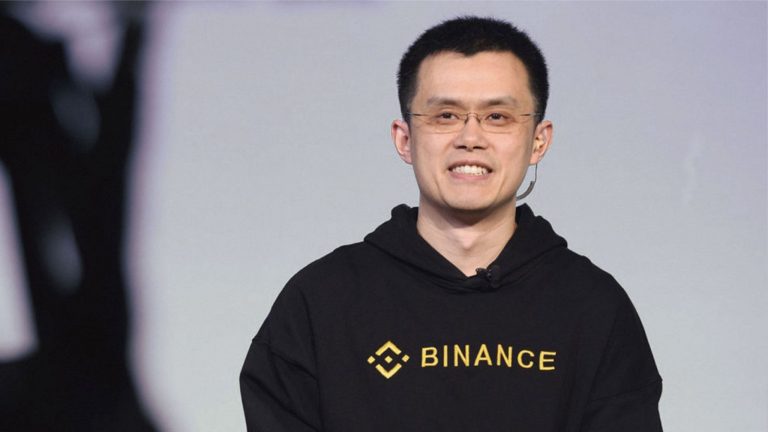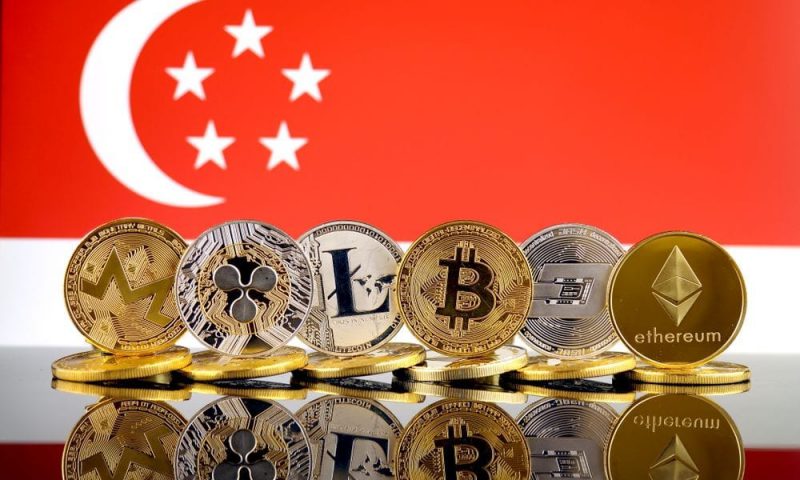Although a major financial hub in Asia, Singapore has been very wary of accepting cryptocurrency for its residents. On the one hand, the city-state promotes cryptocurrency innovations and has established a regulatory framework for the business. On the other hand, it does not want its citizens to be harmed by speculation, is leery of criminal hazards, and is exceedingly selective in who it admits. Binance Holdings Ltd. is the biggest crypto heavyweight to feel Singapore’s toughened laws. The company had decided to withdraw its application to operate a bourse in the island nation in December of 2021.


What is the payment services Act of Singapore?
The Payment Services Act of Singapore went into force in January 2020, offering a framework for regulating everything from Bitcoin trading to the use of tokens for payments. The Monetary Authority of Singapore issues so-called digital payment token permits to crypto businesses that successfully complete the application process.
In a 2021 interview with Bloomberg, Ravi Menon, the managing director of the Monetary Authority of Singapore, the central bank and financial regulator, spelled out Singapore’s approach. He believes that decentralization, smart contracts, and encryption hold potential for the city-state and that it wants to be well-positioned if they become important to their economies. However, there are “severe hazards,” he warned, citing money laundering and terrorism financing as examples.
Companies that have submitted an application are given a grace period in which they can operate in the city until the regulator says otherwise or they withdraw.
Which exchanges besides Binance have been affected by the rules?
The implementation of the act has aided in the inflow of cryptocurrency players into the Southeast Asian city. Crypto.com, the world’s fourth-largest cryptocurrency exchange, is seeking a license after relocating its headquarters from Hong Kong in 2021. Tyler and Cameron Winklevoss’ bourse, Gemini Trust, is also among the candidates. A Huobi Group affiliate is also submitting an application. Du Jun, a co-founder of Houbi, has lived in Singapore for the past two years. Changpeng Zhao, the CEO of Binance, has also been located in the city-state for the previous two years.
Although there was an influx of crypto players, this did not mean all were happy. About 170 companies had applied for the license but more than a hundred candidates have already withdrawn or been turned down. According to a source acquainted with the situation, the majority of them failed to meet Singapore’s requirements for stopping illegal financial transfers. Only four are known to have gotten licenses, including Independent Reserve, an Australian cryptocurrency exchange, and DBS Group Holdings Ltd., Singapore’s largest bank’s brokerage unit. Coinhako, a local startup, also announced that it had gotten in-principle clearance.
In September of 2021, Binance, the group’s principal platform, was added to Singapore’s regulator’s Investor Alert List of unregulated firms that may have been mistakenly interpreted as licensed or regulated by MAS. It ordered Binance Holdings to cease delivering regulated services in the city-state, allowing only the Singapore entity to serve locals.
In December of 2021, Binance withdrew its application. Binance executives have said that the application was removed for strategic and commercial reasons. Changpeng Zhao, CEO of Binance, went to Twitter to explain that the affiliate’s investment in another, regulated exchange rendered the application “rather redundant.”
The aftermath
Binance has switched its attention to the Middle East, striking a collaboration deal with the Dubai World Trade Centre Authority on the emirate’s planned virtual asset ecosystem last month. It also received preliminary authorization from Bahrain’s national bank to operate as a crypto-asset service provider.
“When Binance left, it became a statement that Singapore doesn’t welcome the big boys,” says Anndy Lian, the chairman of BigONE Exchange.
However, according to some, Singapore still has the potential to remain a crypto-hub. According to Ulisse Dellorto, Asia-Pacific director of blockchain analytics firm Chainalysis, Singapore offers advantages for becoming a crypto hub because of its low tax regime and lack of a capital gains tax. According to Gerald Goh, co-founder and Singapore CEO of Sygnum, the city-state also has an advantage in ease of doing business, robust infrastructure and connectivity, and the fact that it is already a financial center.





